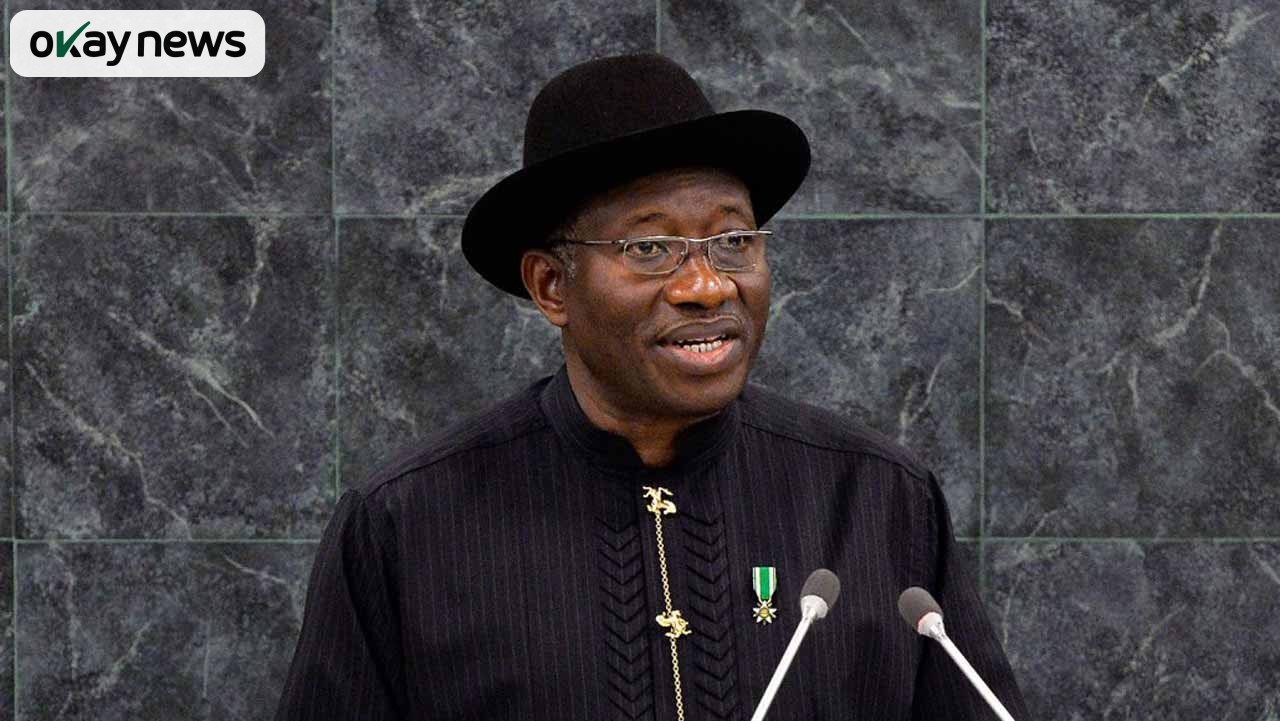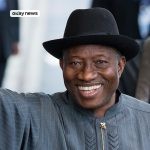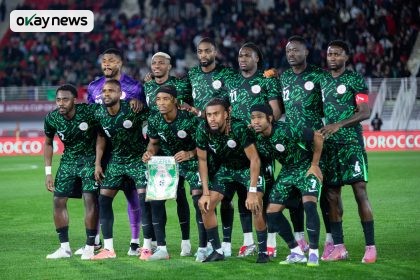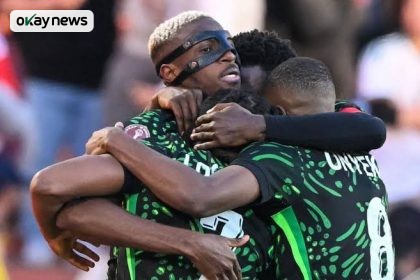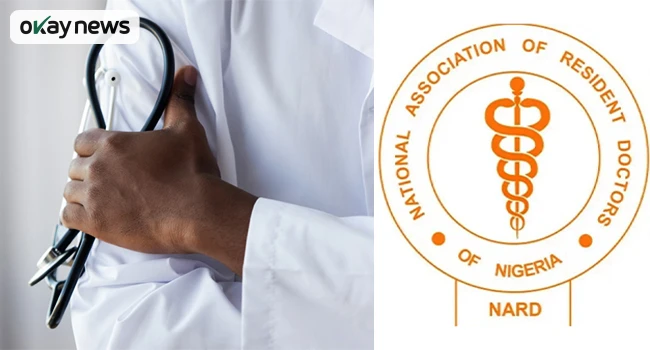Former President Goodluck Ebele Jonathan of Nigeria, who served as the democratically elected leader from 2010 to 2015, has been safely evacuated from the Republic of Guinea-Bissau after an unexpected and forceful military takeover disrupted the political environment of the West African nation. The confirmation came on Thursday from the Government of the Federal Republic of Nigeria.
A spokesperson for the Ministry of Foreign Affairs in Nigeria, Kimiebi Ebienfa, provided the assurance during a media interaction in Abuja, the Nigerian capital city. According to him, “Former President Goodluck Ebele Jonathan is very safe and out of Guinea-Bissau. He left with a special flight with members of his delegation, including Mohamed Chambas.” Mohamed Ibn Chambas is a former Special Representative of the United Nations Secretary-General for West Africa and the Sahel Region, widely recognised for his diplomatic roles on the continent.
Okay News reports that Jonathan, who had travelled to Guinea-Bissau as the head of the West African Elders Forum Election Observation Mission, had been observing the country’s presidential and legislative elections held last Sunday. The elections were considered crucial for the stability of Guinea-Bissau, a nation with a long-standing history of coups, political volatility, and institutional frailty since gaining independence from Portugal in 1974.
The former Nigerian leader was in the country when military officers abruptly announced that they had seized power. The coup occurred before the official declaration of provisional election results, deepening anxiety across the Economic Community of West African States region, an area already challenged by numerous coups in recent years.
In a joint statement released on Wednesday, Filipe Nyusi, the former President of the Republic of Mozambique who led the African Union Election Observation Mission; Issifu Kamara, who headed the Economic Community of West African States Election Observation Mission; and Jonathan collectively denounced the military takeover. They described the coup as a deliberate attempt to undermine Guinea-Bissau’s democratic transition and electoral integrity.
The monitors appealed for calm among residents, reaffirming their commitment to continue supporting the people of Guinea-Bissau “during this sensitive period,” while emphasising “the importance of preserving peace, stability, and the well-being of the Bissau-Guinean people.”
In its separate reaction, the Government of Nigeria strongly condemned the coup, warning that such actions jeopardise democratic governance and regional cohesion. The Ministry of Foreign Affairs stated that it received news of the development “with profound dismay and deep concern,” describing the coup as leading to “an unconstitutional change of government in the Republic of Guinea-Bissau.” The Ministry further noted that the seizure of power violated the Economic Community of West African States Protocol on Democracy and Good Governance, which prohibits unlawful takeover of government.
On Wednesday, Guinea-Bissau descended into widespread tension after military officers declared that they were in “total control” of the country. They closed national borders, halted electoral processes, and heightened their presence around strategic government installations. Heavy gunfire was reported near the presidential palace, and soldiers barricaded major roads.
General Denis N’Canha, who heads the presidential military office in Guinea-Bissau, announced that a unified military command structure comprising all branches of the armed forces had taken control of national leadership “until further notice.”
During a phone interview with France24, the incumbent President Umaro Sissoco Embalo, who came to power in 2020, said, “I have been deposed.” He was reportedly inside a building situated behind military headquarters “with the chief of staff and the minister of the interior,” according to the Agence France-Presse global news agency.
Both Embalo and opposition candidate Fernando Dias had earlier claimed victory in the country’s tightly contested election, fuelling tensions in anticipation of the provisional results scheduled for release on Thursday.
Following the takeover, the military accused unnamed individuals described as “national drug lords” of conspiring to import weapons for the purpose of manipulating the constitutional order. Guinea-Bissau has long been identified by international analysts as a transit hub for illicit drug trafficking between South America and Europe, a reputation that has repeatedly compounded its political instability.
Hours later, military authorities announced that borders previously shut had been reopened. General Lansana Mansali, the Inspector General of the Armed Forces, told the Agence France-Presse that “all borders are now open.”
Over 6,700 security personnel, including members of the Economic Community of West African States Stabilisation Force deployed from regional countries, had been mobilised to provide security for the elections amid heightened tension. Guinea-Bissau, classified among the poorest countries in the world, has recorded four successful coups and numerous failed attempts since independence.


